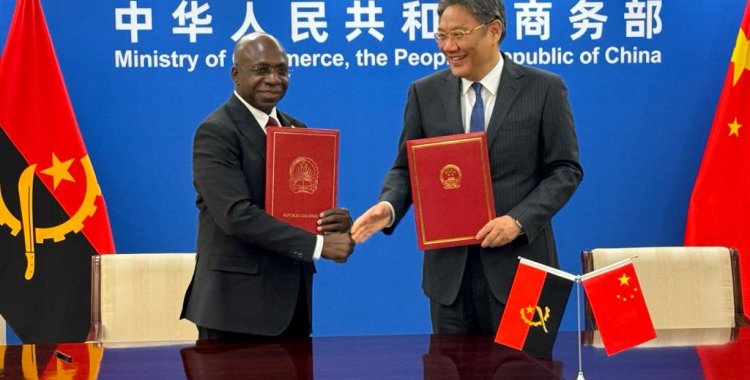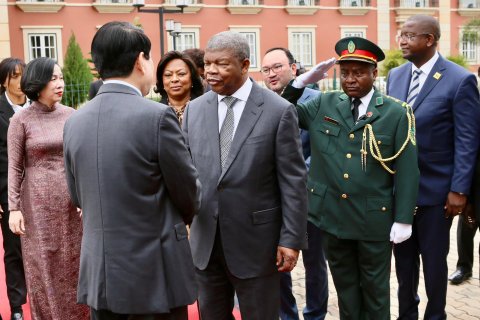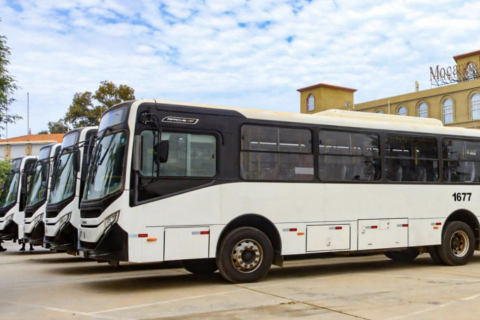Tiago Armando, professor at the Venâncio de Moura Diplomatic Academy at the Catholic University of Angola (UCAN) and specialist in international relations spoke to Lusa on the sidelines of the conference on the promotion of universally beneficial and inclusive economic globalization, within the scope of the China-Africa Cooperation Forum , which took place this Wednesday and continues this Thursday at UCAN, in Luanda.
For the academic, Angola's rapprochement with the United States does not compromise cooperation with China since Angola is free to establish relations with any State as long as there is a reconciliation of interests and respect for sovereignty.
“The fact that we are consolidating relations with the USA does not imply weakening relations with China, which is one of the main economic partners of the Americans”, he argued.
For Tiago Armando, it is “a privilege” to have as partners the two largest economies in the world,
“It is up to us to define strategic projects that can galvanize our economy in a sustainable development perspective", said the expert, who addressed the topic of Sino-African cooperation in the context of economic globalization.
Regarding geopolitical issues, he admitted that the great powers seek to project their power and exert influence on the African continent, a “struggle” that is, in part, conditioned by the international dynamics itself.
“Almost all powers are rushing to Africa because of the energy resources to sustain their economies”, he highlighted, remembering that, in addition to China and the USA, the European Union also has its projects for Africa through the Global Gateway initiative, one of the financiers of the Lobito Corridor
And while the partnership with China has been fruitful in terms of results, the United States is still in the process of consolidation.
“There is no good or bad cooperation from the point of view of results, so far Chinese cooperation has had more significant results but we are in the consolidation phase with the USA and we hope it will also bring positive results”, he highlighted.
Regarding Joe Biden's visit to Angola, which should take place in the first week of December, he considered that these visits by heads of state serve to consolidate diplomatic relations and normally end with the signing of agreements, suggesting that these should be focused on investment and the economic sector in general, besides the Corridor do Binho.
“From a strategic point of view, the US knows what it wants from Angola, it is up to Angola to also understand what it wants from the US”, pointed out the analyst.
Economist Alves da Rocha also considers that there is no indication that relations with China are not at a good point, highlighting that China remains “very interested in Africa, despite the “incident” of President João Lourenço not going to Beijing to participate in the China-Africa Cooperation Forum.
Regarding the conference that UCAN hosts, organized in partnership with the Chinese embassy, the head of the university's Center for Scientific Studies and Research said that it brings an opportunity to “dissect” the Chinese cooperation model.
He considered that there are areas in which this model can present some solutions to Angola's problems, such as poverty, “but each country must reflect on its conditions and then draw its conclusions and paths so that they can contribute to the country's growth”.







